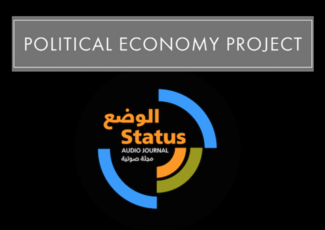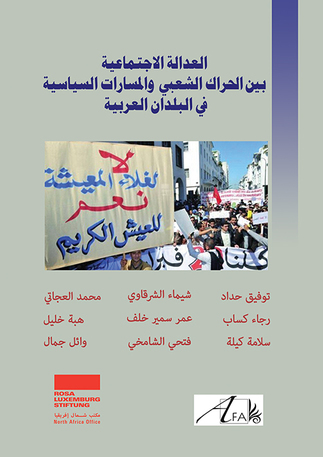Abstract:
"The 1967 occupied Palestinian territories have undergone three major types of development since the Oslo agreement between the Palestinian Liberation Organization and Israel was signed in 1993 and the Palestinian Authority was established in 1994. These developments have brought far-reaching structural changes in Palestinian politics and society. They have rendered Palestinian communities – inside historic Palestine and outside - very vulnerable, and made collective action against collective colonial repression (including a third intifada) more difficult. The three developments are identified as: the emergence of a political discourse that evicts Palestinians from history and geography and denies them a national identity; the escalation of collective repression, and settler-colonization; and the localization of Palestinian politics and the atomization of Palestinian society (in the West Bank and Gaza Strip and probably elsewhere) under the impact of settler-colonialism and neo-liberalism.
Keywords: apartheid; colonialism; Israel; intifada; military occupation; neoliberalism; Palestinian Authority"



 RSS Feed
RSS Feed

